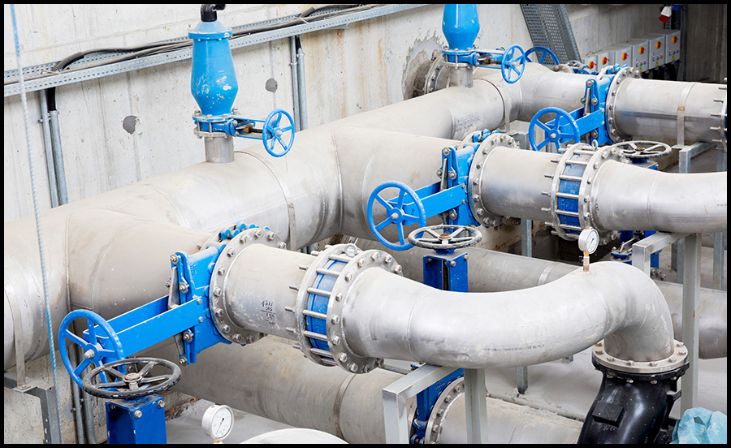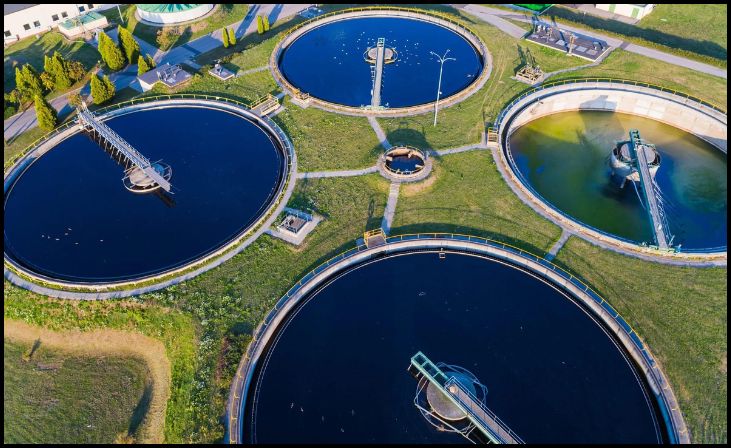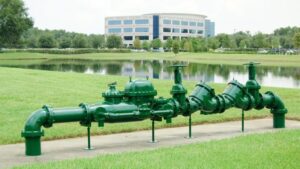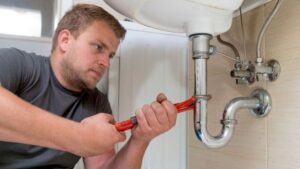
The Role of Plumbers in Sustainable Urban Development
In the dynamic landscape of urban development, plumbers emerge as unsung heroes, weaving the threads of sustainability into the fabric of our cities. As we navigate the challenges of the modern era, the role of plumbers in fostering sustainable urban environments becomes increasingly pivotal. Beyond conventional pipe-fixing, plumbers are architects of water conservation, champions of eco-friendly materials, and pioneers of energy-efficient systems. Join us on a journey to unravel the intricate tapestry of their contributions, understanding how these skilled professionals are indispensable in the pursuit of urban spaces that harmonize with nature.
The symphony of sustainable urban development is incomplete without acknowledging the profound impact plumbers have on shaping a greener, more resilient future for our cities.
The Role of Plumbers in Sustainable Urban Development
Plumbing for Water Conservation

Plumbers are at the forefront of water conservation efforts in sustainable urban development. Through the installation of water-efficient fixtures, they contribute significantly to reducing water consumption. Modern plumbing systems incorporate low-flow toilets, faucets, and showerheads, ensuring optimal usage without compromising functionality. Additionally, plumbers play a crucial role in detecting and promptly repairing water leaks, preventing unnecessary waste. Their expertise in designing and implementing water-saving solutions establishes them as key players in the quest for sustainable water management within urban environments.
Read Also: 10 Eco-friendly Plumbing Options For Your Home
Eco-Friendly Material Selection
Sustainable plumbing extends beyond functionality to the materials used in construction. Plumbers actively engage in selecting and recommending eco-friendly materials that align with sustainable urban development goals. This includes the use of recycled and recyclable materials for pipes, fittings, and other components. By prioritizing environmentally conscious choices, plumbers contribute to reducing the overall environmental impact of plumbing installations. Collaborating with architects and builders, they ensure that the entire plumbing infrastructure aligns seamlessly with sustainable construction practices, creating resilient and eco-conscious urban spaces.
Energy-Efficient Plumbing Systems
Plumbers play a pivotal role in implementing energy-efficient plumbing systems that contribute to sustainable urban development. This involves the installation of high-efficiency water heaters, pumps, and other components designed to minimize energy consumption. By adopting advanced technologies and best practices, plumbers help urban areas reduce their carbon footprint. Furthermore, they actively promote the use of renewable energy sources for powering water heating systems, elevating the overall sustainability of the urban infrastructure. The integration of energy-efficient plumbing solutions underscores the holistic approach plumbers take towards creating environmentally responsible cities.
Waste Reduction and Recycling Initiatives

In sustainable urban development, waste reduction and recycling are paramount, and plumbers actively contribute to these initiatives. During construction and maintenance activities, they prioritize the responsible disposal of materials, minimizing the environmental impact. Additionally, plumbers champion the recycling of old plumbing fixtures and materials, diverting them from landfills. By embracing circular economy principles, plumbers play a vital role in ensuring that the life cycle of plumbing components aligns with sustainability goals. Their commitment to waste reduction reinforces their position as key agents in fostering eco-friendly urban landscapes.
Conclusion
In conclusion, plumbers are the linchpin in the wheel of sustainable urban development. Their expertise extends beyond mere pipe fixing; it weaves into the fabric of green cities. As advocates for water efficiency and environmental responsibility, plumbers stand as guardians of our urban landscapes. Acknowledging their significance is crucial in fostering a future where cities thrive in harmony with nature.
FAQs
How do plumbers contribute to water conservation in cities?
Plumbers implement water-efficient fixtures, detect and repair leaks promptly, and promote awareness on responsible water usage.
How can plumbing practices align with sustainable construction?
Sustainable plumbing involves using eco-friendly materials, energy-efficient systems, and designing layouts that minimize environmental impact.



